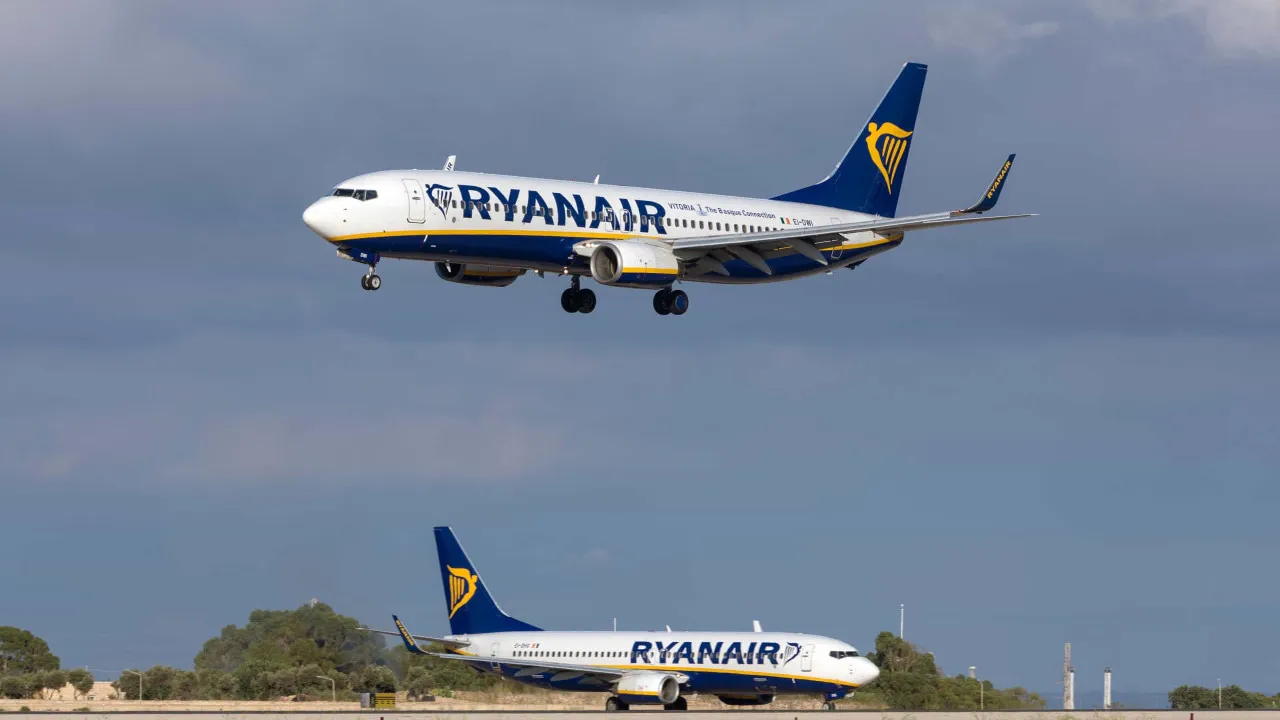Periodic additions are made to Portuguese dictionaries, typically featuring new terms, as explained by a linguist from Priberam. Although many of these words originate from Brazil, due to both the size of the Brazilian community in Portugal and the heightened exposure to Brazilian Portuguese, this trend also reflects the evolving linguistic landscape.
The expert details that entries are added to the Priberam online dictionary for specific reasons, citing frequency, relevance, or user suggestions, with all inclusions subject to thorough review.
Helena Figueira notes that the prominence of Brazilian words is largely user-driven, as a significant portion of the platform’s users are Brazilian.
Recently, there has been a notable influx of terms from other Portuguese-speaking nations, including Angola, Cape Verde, Guinea-Bissau, Mozambique, and São Tomé and Príncipe. Examples of new additions from these countries include “dipanda” (independence), “meninência” (children), “manguana” (tomorrow), and “baiar” (to cast a spell).
Helena Figueira observes that words from Portuguese-speaking African countries are less prevalent due to limited access to content produced in these regions.
When asked about the most frequently used Brazilian words in Portugal, Figueira admitted to lacking specific data, suggesting that commonplace prepositions like “de” and “em” are more often used instead of unique terms within everyday speech.
She elaborates, “Our conversation tends to be quite simplified because, in terms of high-frequency use, the most frequently employed words are the basic ones we utilize daily in our dialogues.”
Regarding the Orthographic Agreement, which aims to unify spelling among Portuguese-speaking countries to improve communication, the linguist emphasizes that it solely addresses orthography, the most artificial aspect of language, while Brazilianisms pertain to vocabulary and syntax.
She further clarifies, “For example, in Portugal, ‘facto’ might be used instead of ‘fato’, as the ‘C’ in ‘facto’ is pronounced and remains, distinguishing it from orthographic errors or confusions.” Brazilianisms, she notes, are entirely different, affecting European Portuguese through media exposure and not linked to orthography.
On May 5th, the global celebration of the Portuguese Language Day is observed, a date instituted by the Community of Portuguese Language Countries (CPLP) in 2009 and acknowledged by UNESCO on November 25, 2019.
The CPLP includes Angola, Brazil, Cape Verde, Guinea-Bissau, Equatorial Guinea, Portugal, Mozambique, São Tomé and Príncipe, and East Timor.




